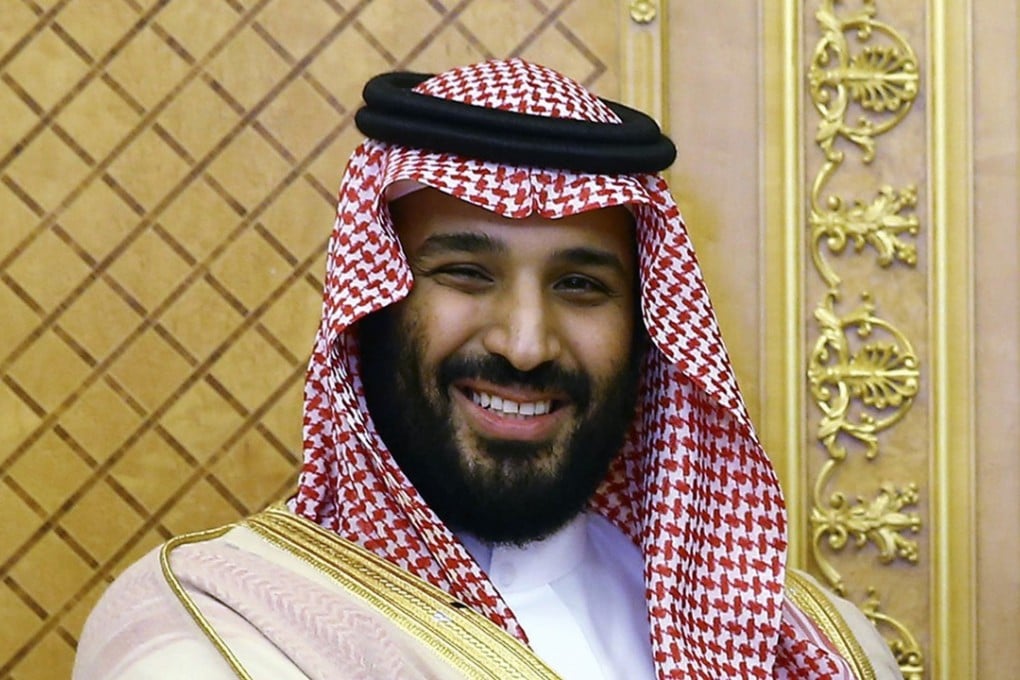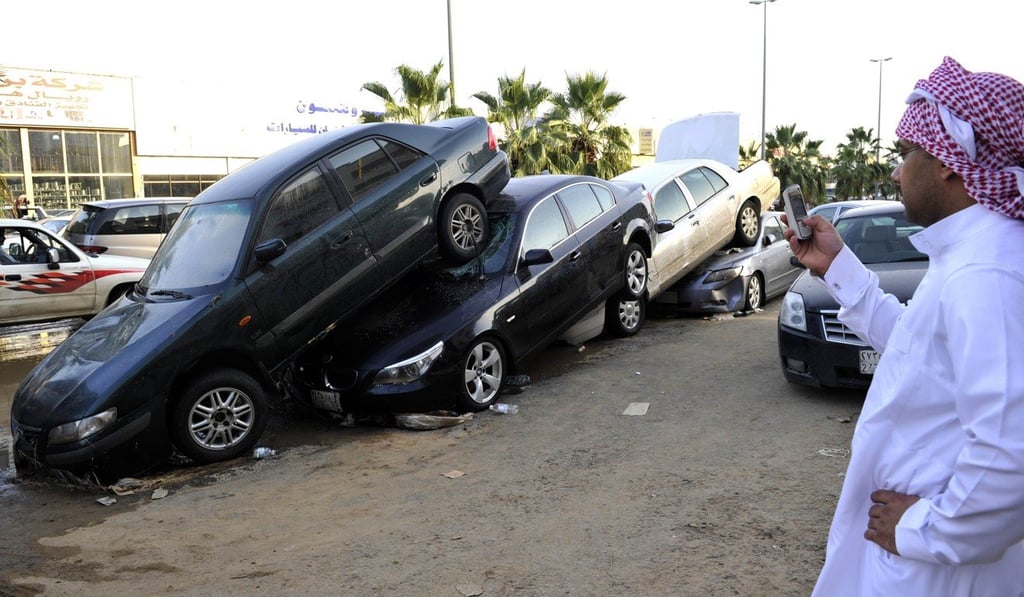Floods, Iran and a Chinese channel: what’s really behind Saudi prince’s crackdown?
Prince Mohammed’s attack on royal family members and military commanders shows an intention to wield absolute power – but also speaks to his plans for reform and his approach to the war in Yemen

Floods in the Saudi Red Sea port of Jeddah have come to haunt the kingdom’s political and economic elite as Crown Prince Mohammed bin Salman launched at the weekend an unprecedented frontal attack on members of his ruling family, commanders of the armed forces and some of the country’s wealthiest entrepreneurs.
The torrential rain in Jeddah that in 2009 and 2011 caused death and destruction as well as prolonged power outages in the city and prompted dozens to protest about Jeddah’s poor infrastructure is at the heart of corruption investigations Prince Mohammed is using to neutralise rivals and consolidate power. The 2009 floods killed 120 people and triggered a rare public debate about the management of public funds and infrastructure defects. The 2011 torrents prompted dozens to protest about the port city’s poor infrastructure – seen by many Saudis as the reason why floods had such a devastating effect.
The government, in a bid to address widespread frustration in Jeddah, this year contracted China’s state-owned Chinese Communication Construction Group (CCCG) to build a 37km channel to catch rain and floodwater. “It might be an ordinary channel in another area, but it isn’t the same in Saudi Arabia and it has special importance and came after painful lessons,” said Ma Chifeng, the director of CCCG’s Jeddah City Project for Flood Drainage.

The crackdown is, of course, about much more than the Jeddah floods, even if the floods were made the first focal point of an anti-corruption committee that was established hours before the dismissal and/or arrest of eleven members of the ruling family, the commanders of the navy and the national guard, and at least three of the kingdom’s best known businessmen.
It broadcasts Prince Mohammed’s intention to wield absolute power and suppress any form of dissent sparked by his spectacular rise in the last three years, his plans to reform the kingdom, and his likely form of action in the ill-fated war in Yemen.
